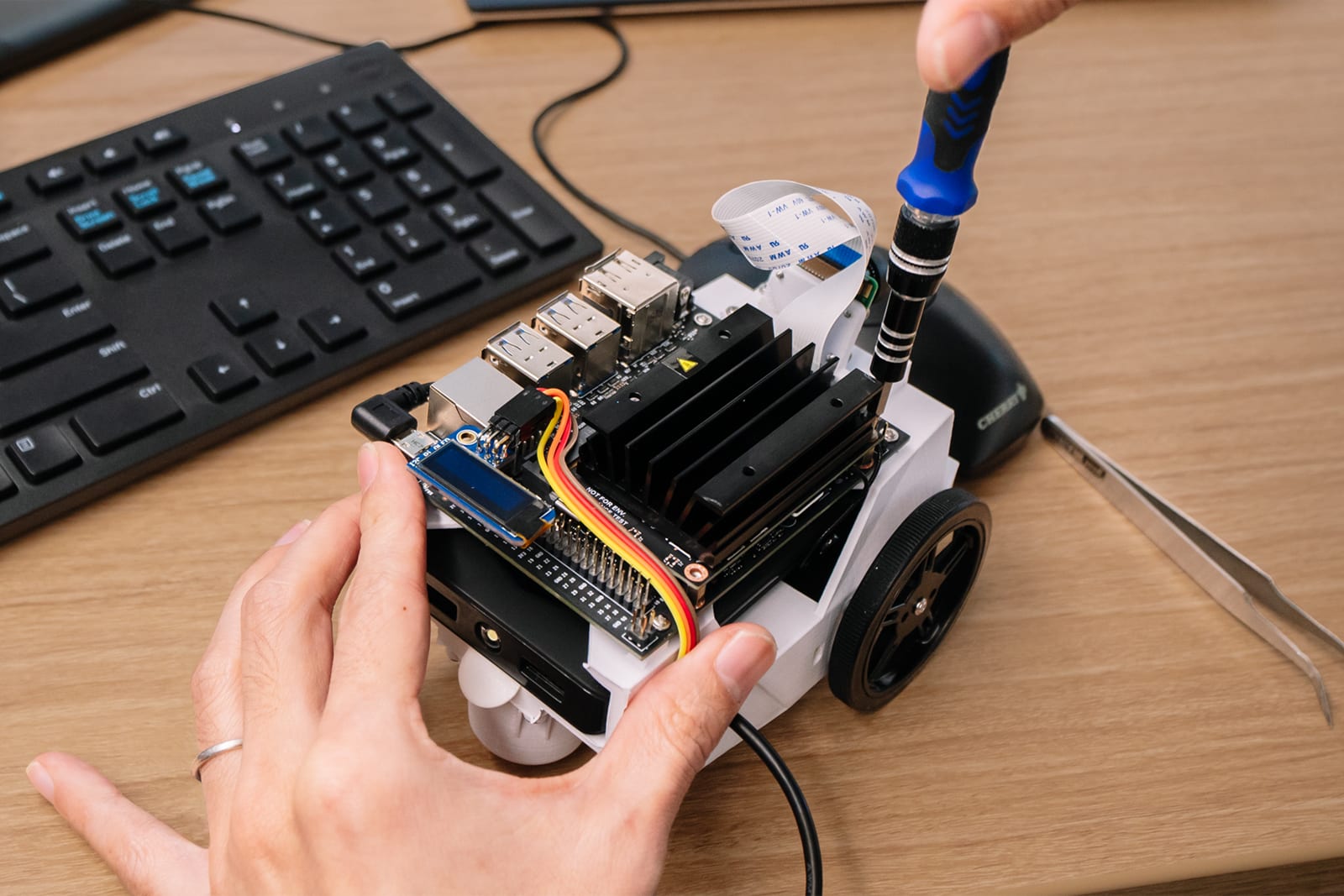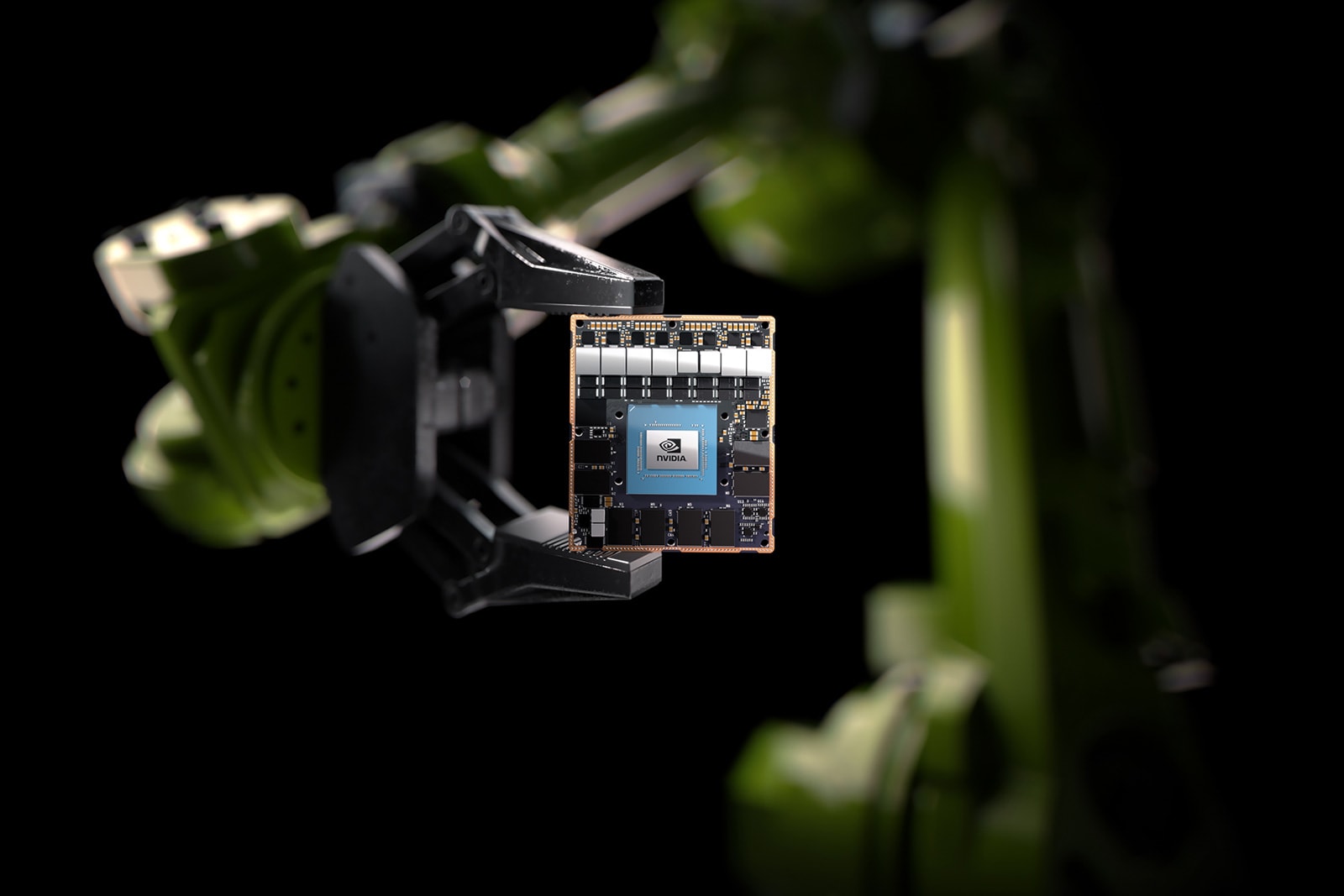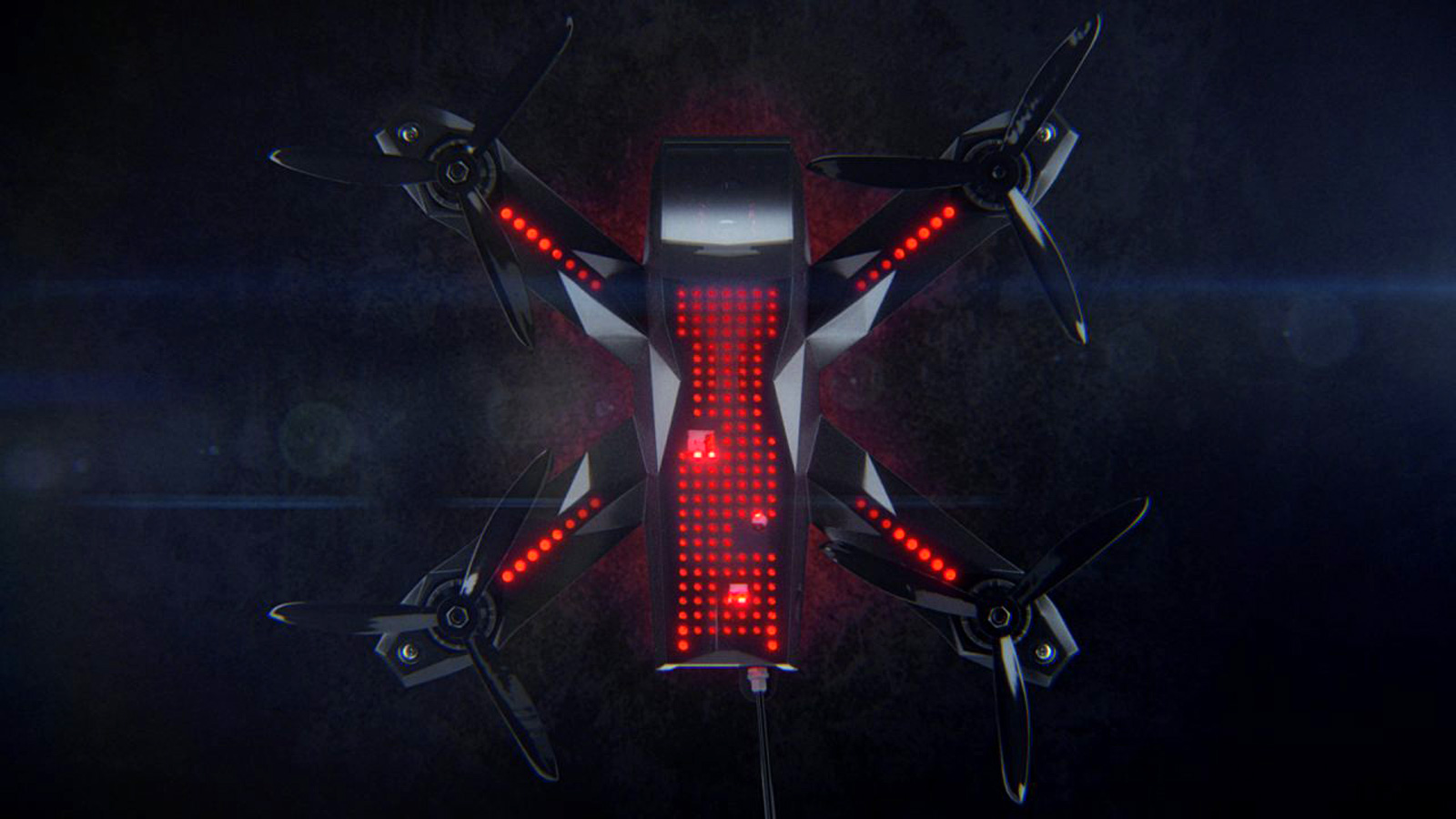
Developing a high-end in-car infotainment system can present challenges that don't exist in other platforms -- you're juggling core car systems, a myriad of sensors and media playback in a testbed on wheels. NVIDIA has just explained how it's uniting those elements with its new, lengthily-titled Jetson Automotive Development Platform. While it looks like a single-DIN car stereo laid bare, the configurable kit incorporates a Tegra processor (for usual infotainment functions), multiple car-friendly interfaces and a Kepler-based graphics chipset that can power car detection, lane departure and other computer vision systems by using CUDA or OpenCV code. The net effect should be a much simpler development process: automakers can consolidate some of their test hardware in one Jetson unit that they can upgrade or swap out if newer technology comes along. NVIDIA isn't naming the handful of designers and suppliers that are already building car electronics using Jetson, although history offers a few possible candidates.
Filed under: GPS, Home Entertainment, Transportation, NVIDIA
Comments
Source: NVIDIA (1), (2)
 Biometric identification has become part of everyday life. We've got facial recognition in airports, cars that can be unlocked just by looking at them, technology that detects a person's unique way of walking, and of course the ubiquitous fingerprint...
Biometric identification has become part of everyday life. We've got facial recognition in airports, cars that can be unlocked just by looking at them, technology that detects a person's unique way of walking, and of course the ubiquitous fingerprint...
 Biometric identification has become part of everyday life. We've got facial recognition in airports, cars that can be unlocked just by looking at them, technology that detects a person's unique way of walking, and of course the ubiquitous fingerprint...
Biometric identification has become part of everyday life. We've got facial recognition in airports, cars that can be unlocked just by looking at them, technology that detects a person's unique way of walking, and of course the ubiquitous fingerprint...
 Sophisticated AI generally isn't an option for homebrew devices when the mini computers can rarely handle much more than the basics. NVIDIA thinks it can do better -- it's unveiling an entry-level AI computer, the Jetson Nano, that's aimed at "develo...
Sophisticated AI generally isn't an option for homebrew devices when the mini computers can rarely handle much more than the basics. NVIDIA thinks it can do better -- it's unveiling an entry-level AI computer, the Jetson Nano, that's aimed at "develo...
 NVIDIA's plan to power autonomous robots has kicked off in earnest. The company has released a Jetson AGX Xavier Module that gives robots and other intelligent machines the processing oomph they need for their AI 'brains.' You're not about to buy one...
NVIDIA's plan to power autonomous robots has kicked off in earnest. The company has released a Jetson AGX Xavier Module that gives robots and other intelligent machines the processing oomph they need for their AI 'brains.' You're not about to buy one...
 While autonomous drones exist, they're not usually what you'd call speedy when many skilled pilots could beat them in a race. Lockheed Martin and the Drone Racing League want to do better. They're launching an AlphaPilot Innovation Challenge that wil...
While autonomous drones exist, they're not usually what you'd call speedy when many skilled pilots could beat them in a race. Lockheed Martin and the Drone Racing League want to do better. They're launching an AlphaPilot Innovation Challenge that wil...
